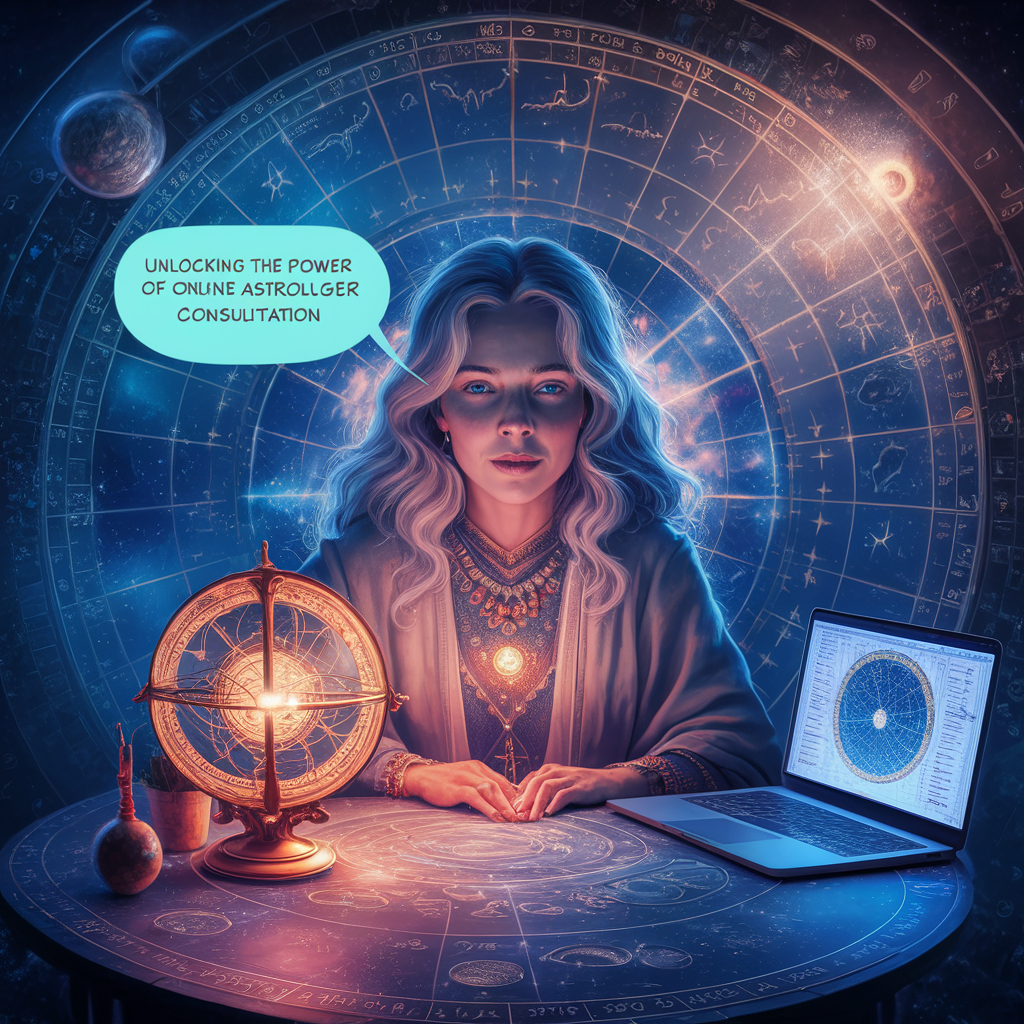Introduction: A New Era for Ancient Wisdom
Astrology, the ancient science of celestial patterns and their impact on human life, has always relied on intuition, wisdom, and meticulous calculations. However, with the surge of Artificial Intelligence (AI), a silent yet powerful revolution is underway. Today, astrology is being reborn through AI, offering deeply personalized readings, faster predictions, and broader accessibility than ever before.
In this blog, we will explore how AI is revolutionizing personalized astrology readings, why it matters, the technology behind it, and what the future holds for both astrologers and seekers.
1. The Traditional Method of Personalized Astrology
Before diving into AI, it’s important to understand how traditional astrology works:
- Manual Birth Chart Calculations: Based on the date, time, and place of birth.
- Astrologer’s Interpretation: Years of practice allowed astrologers to intuitively interpret planetary positions and transits.
- Personal Consultations: Time-consuming sessions often needed to decode a single chart.
Challenges:
- Prone to human error.
- Limited by the astrologer’s personal biases.
- Time-consuming, expensive, and sometimes inaccessible to the general public.
2. Enter AI: A New Partner in Astrology
Artificial Intelligence steps in as an enhancer — not a replacer — of traditional astrological wisdom. Here’s how:
- Speed: AI can process thousands of birth charts in seconds.
- Accuracy: Eliminates manual errors in astrological calculations.
- Accessibility: Makes astrology affordable and available worldwide, even for remote regions.
- Customization: Delivers highly personalized reports based on hundreds of variables.
Example: Modern apps like Co-Star, The Pattern, and Sanctuary use AI to offer astrological insights within seconds.
3. How AI Creates Personalized Astrology Readings
AI-driven astrology platforms work in stages:
a) Data Collection
- Birth details (Date, Time, Location)
- User preferences (Focus areas like love, career, health)
b) Algorithmic Chart Generation
- AI calculates the planetary positions instantly using astronomical databases (e.g., NASA data).
c) Interpretation with Machine Learning
- AI studies thousands of previous predictions, correlates patterns, and offers relevant interpretations.
- NLP (Natural Language Processing) allows AI to write human-like horoscopes.
d) Personalized Delivery
- Customized daily, weekly, monthly predictions.
- Special reports: Compatibility analysis, career forecasts, etc.
4. AI vs Human Astrologers: A Complementary Relationship
| Feature | AI Astrology | Human Astrologers |
|---|---|---|
| Speed | Instant | Slow |
| Emotion | Lacking | Deep empathy |
| Accessibility | 24/7 via app | Appointment needed |
| Personal Touch | Generic empathy | Deep emotional insights |
| Cost | Low | Medium to high |
Conclusion:
Rather than replacing astrologers, AI serves as a powerful assistant, doing the heavy-lifting calculations and basic interpretations, freeing astrologers to focus on emotional and spiritual counseling.
5. Real-World Examples of AI in Astrology
- Co-Star: Uses NASA data and AI for hyper-personalized horoscopes.
- The Pattern: Advanced AI modeling relationships, emotional patterns.
- Sanctuary App: AI-driven astrology combined with live human astrologers.
- Yodha App: Human astrologers backed by AI data analysis.
Fun Fact: Some AI systems now offer compatibility analysis for dating apps, helping people match based on their astrological charts!
6. Future Trends: Where AI-Astrology is Headed
- Hyper-Personalization: Birth charts will include psychological, behavioral, and emotional mapping.
- Predictive Behavioral Astrology: Using AI to predict future behaviors, not just life events.
- VR and AR Astrological Experiences: Virtual star maps based on personal birth charts.
- AI-Powered Remedies: Automatic suggestions for mantras, gemstones, rituals based on doshas detected.
- Blockchain for Horoscope Authenticity: To prevent manipulated birth data and secure astrological records.
7. Ethical Considerations in AI-Based Astrology
While AI offers immense possibilities, several ethical questions arise:
- Privacy: Birth data is sensitive. Platforms must ensure GDPR-level protection.
- Accuracy Limits: AI lacks intuition. It can calculate but not “feel.”
- Over-reliance: Spiritual growth cannot be fully outsourced to a machine.
Golden Rule: AI should assist, not replace, the spiritual connection inherent in astrology.
8. Conclusion: A Cosmic Dance Between Intuition and Innovation
The fusion of AI and astrology marks a thrilling chapter in human history. With AI, astrology becomes more accessible, accurate, and personalized than ever before. Yet, the heart of astrology — the connection between the cosmos and the soul — still requires the human touch.
As we move into a future where celestial wisdom meets technological brilliance, remember: The stars incline, AI refines — but it is still we who must choose our destiny.

Leave a Reply